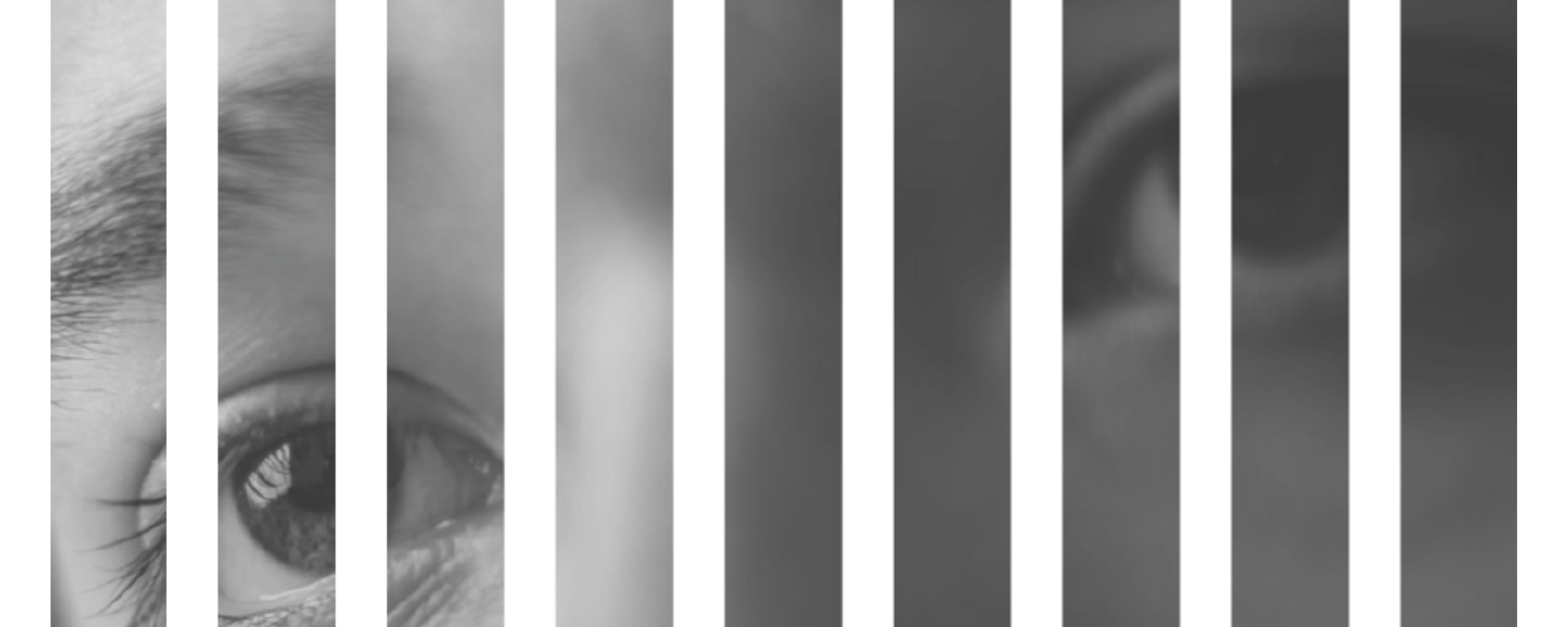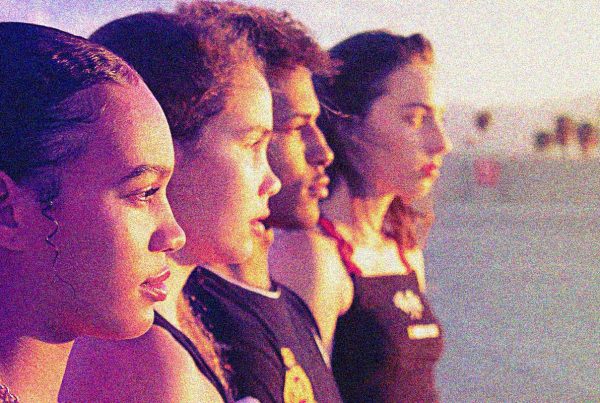All youth deserve to have their interest in education encouraged and fostered. They deserve to enjoy the benefits that result from having educational opportunities. We, as a society, owe it to youth in detention to make access to education a lived reality. To do otherwise is to treat them as undeserving of the most elementary of services provided to Canadians. Detention is already a severe punishment; neglect of the state’s duty to provide an education should not exacerbate that punishment, particularly given what we know about the negative impacts of incarceration for young people.
To prepare this qualitative report, CCLA spoke with youth, staff and teachers at detention facilities, and justice system professionals with knowledge of detention facilities. Our goal was to examine the education available to youth in detention, and the barriers they may face. Public institutions are expected to provide a quality education to young residents of Canada. But that was not happening consistently in the Ontario youth detention facilities we encountered; our interviews with participants highlighted the many educational deficiencies and barriers youth in detention face while pursuing their education.
CCLA’s report concludes that there are significant differences in the quality and quantity of formal education received by youth in different detention facilities. While the pandemic provides some extenuating circumstance, the root cause seems to be due to differences in organizational culture, with some facilities treating youth as security threats to be managed, rather than students deserving of rehabilitation through educational opportunities. To make matters worse, the evidence suggests that this is particularly the case where the majority of the youth are Black. This systemic racism must be addressed. It deserves and demands the immediate attention of legislators and governments.
We also identified gaps in oversight and accountability which contribute to allowing the educational deficits identified to persist unabated. Our report makes a series of 19 recommendations directed towards ensuring that youth education is supported in every youth detention facility, enhancing the quality of education for these vulnerable young people, and establishing better accountability and transparency processes to monitor progress towards these goals.
You can read the full report here.
By: CCLA and Julia Sande
About the Canadian Civil Liberties Association
The CCLA is an independent, non-profit organization with supporters from across the country. Founded in 1964, the CCLA is a national human rights organization committed to defending the rights, dignity, safety, and freedoms of all people in Canada.
For the Media
For further comments, please contact us at media@ccla.org.




